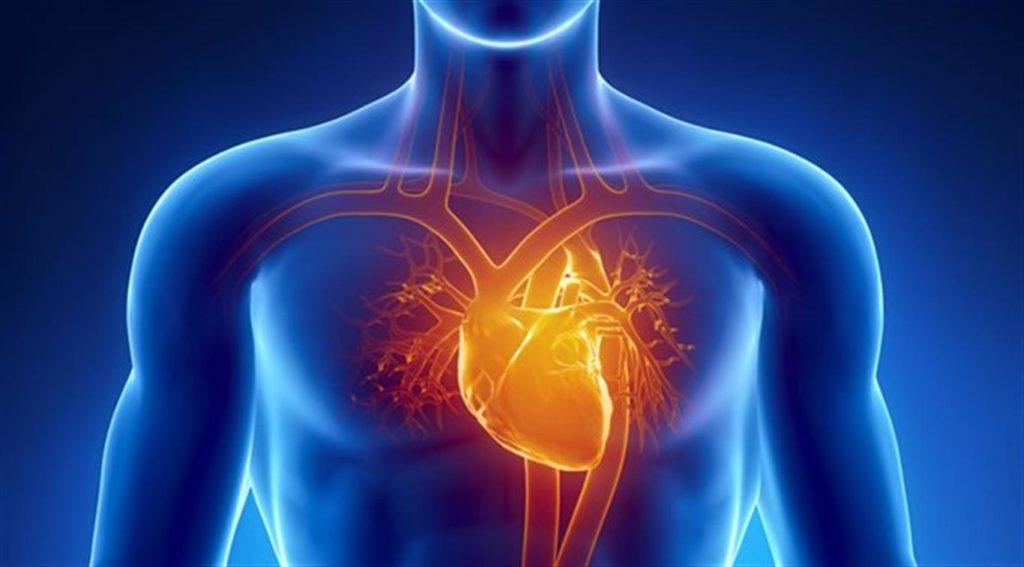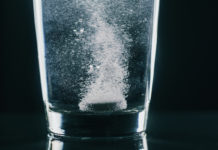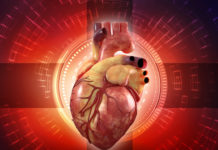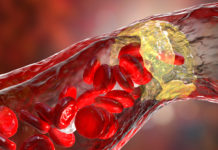 Measuring sex hormone levels in blood may aid in identifying people likely to suffer sudden cardiac arrest, a heart rhythm disorder that is fatal in 95 percent of patients.
Measuring sex hormone levels in blood may aid in identifying people likely to suffer sudden cardiac arrest, a heart rhythm disorder that is fatal in 95 percent of patients.
A new study, published online by the peer-reviewed journal Heart Rhythm, shows that lower levels of testosterone, the predominant male sex hormone, were found in men who had a sudden cardiac arrest. Higher levels of estradiol, the major female sex hormone, were strongly associated with greater chances of having a sudden cardiac arrest in both men and women.
“Because sudden cardiac arrest is usually fatal, we are constantly looking for ways to predict which patients are susceptible so we can concentrate on prevention,” said Sumeet Chugh, MD, director of the Heart Rhythm Center in the Cedars-Sinai Heart Institute and the Pauline and Harold Price Chair in Cardiac Electrophysiology Research. “If we wait until someone has a sudden cardiac arrest, it is usually too late for treatment.”
Unlike heart attacks (myocardial infarction), which are typically caused by clogged coronary arteries reducing blood flow to the heart muscle, sudden cardiac arrest is the result of defective electrical impulses. Patients may have little or no warning, and the disorder usually causes nearly instantaneous death. Every year, 250,000 to 300,000 people in the U.S. and up to 5 million worldwide die from sudden cardiac arrest.
Despite years of significant advances in emergency medicine and resuscitation, just 5 percent of those who suffer sudden cardiac arrest survive. For patients at known risk for this or other heart rhythm abnormalities, an implantable cardioverter-defibrillator, or ICD, may be placed in the chest or abdomen to detect faulty electrical impulses and provide a shock to return normal rhythm.
The sex hormone findings are a result of the Oregon Sudden Unexpected Death Study, a comprehensive, 16-hospital, multiyear assessment of cardiac deaths in the 1 million population Portland, Oregon metropolitan area. Led by Chugh and funded in part by the National Heart, Lung, and Blood Institute, the study’s goal is to shed light on the risk factors, triggers and genetic defects associated with sudden cardiac death.
“This is the first time it has been reported that there is an association between sex hormone levels and sudden cardiac arrest,” said Chugh. “While these findings need to be confirmed by other studies, they suggest that higher testosterone levels in men may offer protection from sudden cardiac arrest and lower levels of estrogen may protect both men and women.”
Researchers measured blood hormone levels in 149 patients who had a sudden cardiac arrest, comparing them with levels in 149 patients who had coronary artery disease but did not have sudden cardiac arrest. The study’s findings include:
• Men who had sudden cardiac arrests had testosterone levels of 4.4 nanograms per milliliter, compared to 5.4 nanograms per milliliter for men who did not have sudden cardiac arrest.
• Men who had sudden cardiac arrest had estradiol levels of 68 picograms per milliliter, compared to 52 picograms per milliliter for men who did not have sudden cardiac arrest.
• Women who had sudden cardiac arrest had estradiol levels of 54 picograms per milliliter, compared to 36 picograms per milliliter for the control group.
Source: Kumar Narayanan, Rasmus Havmoeller, Kyndaron Reinier, Katherine Jerger, Carmen Teodorescu, Audrey Uy-Evanado, Jo Navarro, Adriana Huertas-Vazquez, Karen Gunson, Jonathan Jui, Sumeet S. Chugh. Sex Hormone Levels in Patients with Sudden Cardiac Arrest. Heart Rhythm, 2014; DOI: 10.1016/j.hrthm.2014.08.031














